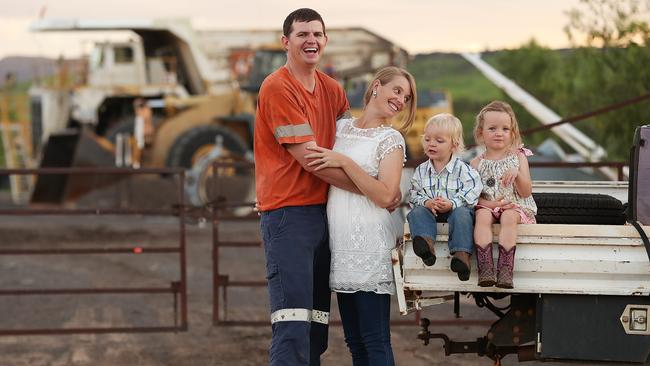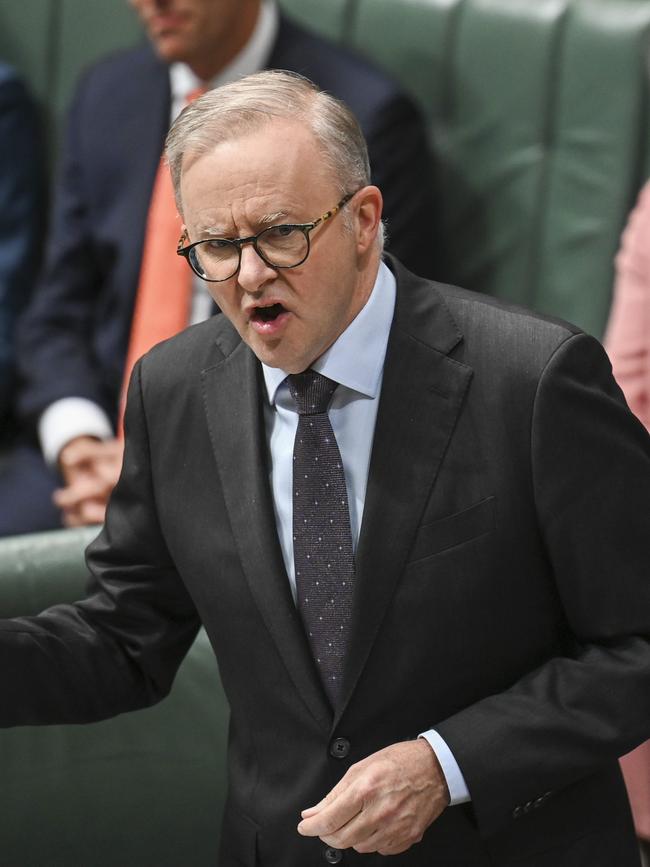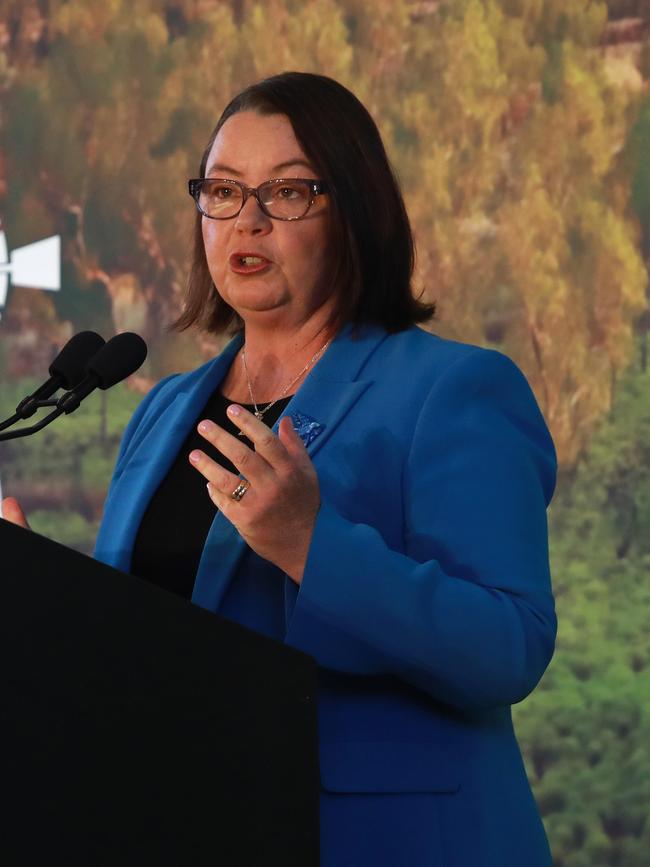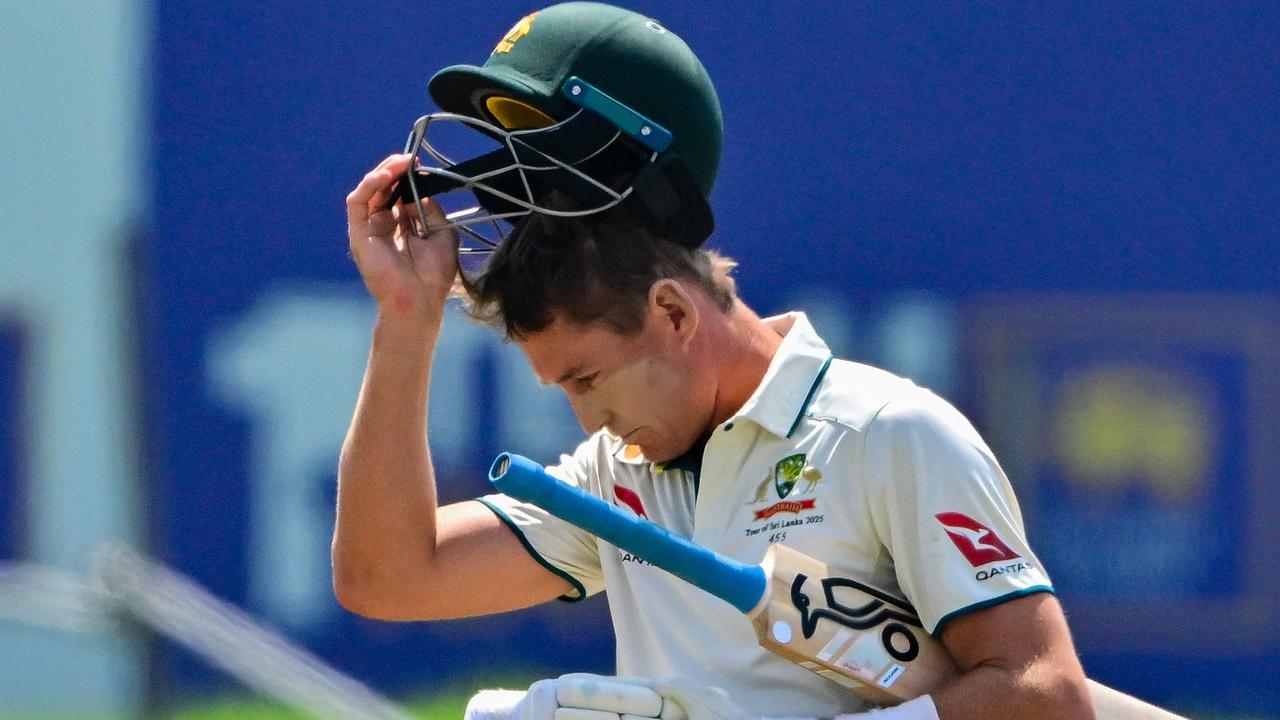Why Labor’s tax cuts put the knife to miner’s wages

Anthony Albanese’s broken promise on tax cuts will have a dramatic impact on Australia’s mine workers and represents yet another attack on a vital industry.
No matter how Labor tries to spin this broken promise, this backflip is thinly-veiled class warfare, punishing those aspirant Australians who take on the tough jobs and strive for higher pay.
On February 7, Resources Minister Minister Madeleine King stood in parliament and said the average mine worker earned $144,600. What she failed to mention is these figures were taken from old pre-Covid data in 2019-20.
In the following three years, wages across the mining industry grew by 6.9 per cent. By her own figures, this means the average miner was earning about $154,585 by June 2023, with wages only expected to grow further by the time Labor’s broken tax promises come into effect on July 1, 2024.
This means miners will be earning on average well above the $148,000 threshold where they will be worse off under Labor’s changes. So when the Labor Resources Minister stands up in parliament and claims “the absolute majority of resources sector workers will be better off under Labor’s tax changes”, you have to question whether she just doesn’t know she is wrong, or whether she is being deliberately misleading.
Yet again, this Labor government proves they are either untrustworthy or incompetent.
Because of Anthony Albanese’s broken tax cut promise – a promise he made over 100 times, and took to an election – these miners will actually be $567 worse off every year.
And every year they get a pay rise or promotion, they will be even worse off.

These mine workers are not the top end of town like Labor would have you believe.
Many of these men and women are FIFO employees who sacrifice time away from home for the chance to get their families ahead, whether to buy a house or save enough to start their own small business in time.
Resources companies paid over $40bn in salaries last year. That’s not profits or dividends for shareholders and superannuation funds; it is not the $354bn in economic value created; it is not even the more than $70bn paid in taxes and royalties that pay for vital government services.
It is $40bn in cash in the pockets of men and women who earned it through their hard work.
That is billions in PAYG tax contributed for governments to fund hospitals, schools, roads, the NDIS, defence and social security.
But rather than showing appreciation for this enormous contribution, Labor sees them as another way to feed its tax addiction.
We’ve seen this with other broken tax promises on franking credits, superannuation and the Petroleum Resources Rent Tax.
Due to bracket creep – that is, more people moving into higher tax brackets as their wages go up – the Albanese Government is already taking a record amount of income tax from Australians whose personal income tax has risen by a record 27 per cent in the past 18 months. Right now, there are at least 96,410 mine workers – or 1 in every 3 – who will be worse off under these tax changes.

By 2033, that figure will roughly double to 189,606 of mine workers whose wages will climb high enough to be worse off under Labor’s class warfare policies. That is 2 in every 3 mine workers who will lose out under Labor.
Bracket creep means this Labor government is forecast to reap $28bn from its new taxes, but it’s not taking from the rich to give to the poor, it’s taking from the successful to give to themselves.
Why would Australians trust that Labor now won’t change the tax laws around the family home, inheritance and shareholdings?
Of particular concern to Western Australia and Queensland is when this government will decide to go further and start introducing taxes that directly harm our strongest resources jurisdictions despite promises to the contrary.
The spectre of a new mining tax cannot be ruled out.
The Prime Minister said in September 2022, when asked if there would be a mining tax; “that is not on the agenda” and again in November 2022: “No, we’re not looking at a MRRT [mining resource rent tax]”.

We all know that when this Prime Minister insists on more than one occasion that he has no plans for a tax change, it is time to start planning for him to break that promise.
The fact that Finance Minister Katy Gallagher refused to rule out a Mining Tax or changes to the Fuel Tax Credit should send a shiver down the spine of every mining company and make it clear what tax changes are sitting in Labor’s bottom drawer as they decide which promise to break next.
Losing the Fuel Tax Credit would punish not only miners, but also farmers and tourism operators, making them pay a road tax on fuel that is not used on public roads.
Western Australia and Queensland are titans in the pantheon of world mining jurisdictions, but Anthony Albanese’s policies seek to make them minnows.
The Prime Minister promised us all “my word is my bond”, but instead we now have a liar in the Lodge who cannot be trusted to deliver for the people who actually produce this country’s wealth.
Susan McDonald is the Shadow Minister for Resources and Shadow Minister for Northern Australia.






